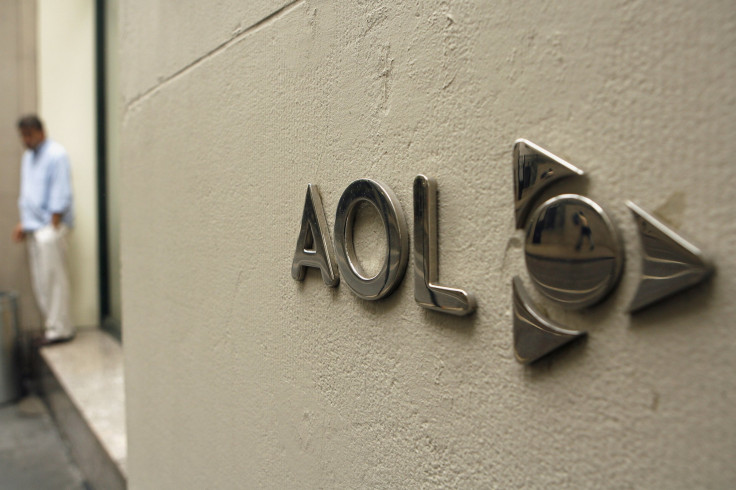One Big Way Verizon Will Change AOL: Net Neutrality Loses A Pioneering Ally

Through much of its pioneering history, AOL has been one of the strongest corporate supporters of net neutrality, or "open access," as it was once called. That heritage goes back to the early days of America Online, which depended on pipes laid by telecom and cable TV monopolies to gain access to homes.
But the company's once noisy stance on the issue has grown quieter over the past several years and it's surely going silent now with its $4.4 billion sale to the largest telecom in the United States, Verizon.
Verizon has made its position clear: It's against net neutrality. In a release published in February, it called the FCC's new rules that classify carriers like Verizon as public utilities as "regrettable." Although the rules were approved in February, telecommunications companies, including Verizon, are currently challenging them through a variety of court cases and petitions.
Even before the term net neutrality was coined, in 2003 by Columbia University law professor Tim Wu, the concept was called "open access Internet," and AOL was one of its strongest supporters. In the days of dial-up Internet, AOL heavily lobbied federal and state governments warning that cable operators offering what was then called "high-speed Internet" could control access to the global network and favor some kinds of traffic over others. AOL wanted to ensure companies like AT&T couldn't make it harder for subscribers to access its services.
But after the company's blockbuster merger with Time Warner (which at the time owned a cable company), it found new faith in the free market and stopped pushing open access bills it had previously supported. Observers pointed out at the time that AOL abruptly reversed its policy and went from "the biggest corporate champion of open access to at best a lukewarm champion."
Eventually, AOL spun off from Time Warner in 2009, and started supporting net neutrality again. But this time, it stayed mostly quiet about its advocacy, preferring to do its lobbying behind the scenes.
AOL was one of the first companies to sign up with the Internet Association, a trade group that has lobbied for net neutrality since 2012. The Sunlight Foundation, a government transparency group, fingered AOL as the single company that filed the most pro-net neutrality lobbying reports since 2003, ahead of Google, Yahoo and other major tech companies.
Last summer, a letter broadly supporting net neutrality was sent to FCC officials, signed by a nearly every major American tech giant, including Amazon, Netflix and Google. (Many of the tech giants who signed the letter are also members of the Internet Association along with AOL.) AOL didn't sign the letter. However, AOL's name was attached to a Internet Association comment in support of net neutrality, which didn't require AOL to specifically sign.
AOL continued to lobby for net neutrality behind the scenes. A month after the public letter from the tech coalition, AOL sent a quiet comment to FCC officials calling internet service providers like Comcast and Verizon "pipes" and suggesting that if net neutrality was not defended, "consumers will suffer the most," although it stopped short of recommending that the FCC regulate Internet under the strict Title II classification. Later that year, AOL's chief lobbyist met with FCC officials to suggest that it reclassify broadband Internet as a utility. It's hard to imagine AOL pushing for a "Title II-plus approach" when it's owned by Verizon.
An AOL spokesperson declined to comment, pointing out that the deal is not final yet. Last year, AOL spokesperson Caroline Cambpell told journalist Matthew Keys that "AOL is committed to working with regulators to make sure the rules of the road keep the road open to all." An Internet Association spokesperson also declined to comment but said the trade group was taking a look at AOL's status.
© Copyright IBTimes 2024. All rights reserved.




















